Charles Pakana (Victorian Aboriginal News)
Joining us today on the podcast is Professor Andrew Gunstone. Professor Gunstone is the inaugural Associate Deputy Vice-Chancellor Reconciliation at Federation University and provides institutional leadership on all reconciliation matters. In that role, he’s recently established the National Centre for Reconciliation, Truth and Justice, and recruited three indigenous professors to the centre. On top of all that, he’s also the co-chair of Reconciliation Victoria.
Andrew, thanks for joining, and welcome to the podcast.
Professor Andrew Gunstone:
Thanks very much, Charles, for inviting me. I’m delighted to be here.
Charles:
Andrew, let’s just get things in perspective straight off. What’s the role of the National Centre for Reconciliation, Truth and Justice in this entire process?
Andrew:
Well, we’re excited with the new centre. We launched it in March with Senator Patrick Dodson and Dr. Jackie Huggins speaking, which was a real honor. And the focus of the centre is to provide leadership across the country at a national level and also at regional levels in reconciliation, truth and justice areas to look at developing understandings and develop engagements in these processes, and working closely with industry, community and academia in this regard. And we have a range of activities we’re doing, research, education, advocacy, outreach and collaborations with communities.
Charles:
So across all this, you’re obviously quite involved and up to date with what’s happening in the referendum space. Let’s just step back a bit. So what, if any, changes of significance have you seen taking place in the reconciliation space since the delivery of the Uluru Statement from the Heart in 2017, and subsequent to that, the federal government’s announcement last year of the referendum?
Andrew:
I’ve seen significant changes, Charles. There’s been a huge outcry of engagement in these processes over the last five or so years. I remember back in 2019 I co-led a national campaign for having a number of Elevate RAP organizations to endorse the Uluru Statement from the Heart. And there were a few other areas that were endorsing those processes at the time, but there weren’t a lot of organizations supporting it at that stage. Whereas now there’s an enormous groundswell of support amongst organizations across the country to support the Uluru Statement from the Heart and its calls of voice, treaty and truth, and in more specific details supporting very strongly the Voice to Parliament referendum. So that’s been terrific to see that strong engagement in those few years. And I think it mirrors, Charles, the increased engagement in general across the nation towards reconciliation.
So another example, the number of organizations across the country with RAPs has exploded in recent years, so it’s now about 2,400 organizations across the country that have RAPs.
I’ve been in the national RAP leadership movement for a number of years now. It’s been really pleasing to see how many organizations are coming on board. And the research from Reconciliation Australia clearly shows that organizations with RAPs have far stronger engagement levels of support and commitment to indigenous issues than organizations that don’t have RAPs. So there’s been some really strong improvements in the general wider community engagement in reconciliation and indigenous matters over the past five years, and I think a lot of that’s due to the impetus from the Uluru Statement from the Heart being released in 2017 and the subsequent engagement in that process.
Charles:
You mentioned before though, that you spearheaded a campaign in 2019 to get a lot of the organizations with Elevate RAPs to endorse and support the Uluru Statement, but it wasn’t maybe as successful as you wanted. What was holding organizations back then?
Andrew:
Oh, we had a really successful campaign that myself and a number of other national leaders organized. So we had the 14 organizations. They ranged from universities to corporates to sporting clubs, so that was very successful. But there probably wasn’t as much engagement in the wider community. I think the fact that there is now a strong commitment from the Albanese government from last year’s election to hold a referendum, and then obviously with the announcement at the Garma Festival of the wording for the referendum, and now we’ve got the draft legislation being examined by the Senate Committee. I think all those are galvanizing that interest in the community because we’re seeing something.
Before the Albanese government, we’ve had about 10 years of various inquiries and reports being done and nothing really been going anywhere. Obviously it was disappointing to see in 2017 there was such a beautiful generous invitation from indigenous people for the Uluru Statement from the Heart, and that was rejected summarily by the then Turnbull government. So I think the community itself started to see the significance of governments being committed to this, I think has helped to galvanize that support.
Charles:
Now you’re involved extensively in conversations in your role as the co-chair of Reconciliation Victoria, and of course, your own efforts right across the board. You’re obviously involved in discussions. Now, one of the questions that we’re getting quite a fair bit from non-First Nations Australians is that, well, they’re stating that they’re confused by the conflicting opinions towards the referendum and the Voice from Aboriginal and Torres Strait Islander people right across the country. What do you recommend that people do in these situations? Because some are saying, “Look, we will never know what to vote because you guys can’t make up your mind what to vote.”
Andrew:
Yeah, this is an interesting issue that confronts a lot of non-indigenous people, Charles, and it’s not just about the referendum bu about a whole range of indigenous matters, going back to the Hindmarsh Bridge affair of many years ago and a whole range of other examples. There’s this general attitude amongst many non-indigenous people that aboriginal people have to have one voice, which is ludicrous when you think about it, because there’s approximately about three quarters of a million Aboriginal and Torres Strait Islander people in this country, and people from right across rural, remote, urban settings in different industries, different communities. And the idea that three quarters of a million people would have one voice is ludicrous. You wouldn’t expect that of anywhere else. Not everyone supporting a football club is going to have a single view on every single issue. So there’s not an appropriate attitude. So my suggestion for non-indigenous people thinking that is to realize that there’s significant diversity amongst indigenous people as well.
And in terms of the Voice, you’ve got some indigenous people who are saying that the Voice goes too far. You’ve got some indigenous people saying the Voice doesn’t go far enough. So there’s a lot of diversity. So what non-indigenous people really should be doing is researching in this space, looking and reading a whole range of resources, and then making their own minds up, but not probably using the excuse that, oh, not all indigenous people agree, so I’ll just abdicate my responsibility. I think that’s a fairly inappropriate a process.
Notwithstanding all this and the significant diversity, I think it’s also important to note that many opinion polls have consistently stated there’s about 80% of indigenous people do fully support the Voice to Parliament. And I’ve been having a preliminary analysis, Charles, of the submissions to the Joint Parliamentary Commission, and they’re overwhelmingly supportive of the Voice to Parliament.
Charles:
Now, of course, we did see that extensively here in Victoria as recently as 2019, with the election of the First People’s Assembly of Victoria, when people were confused. Well, why are some people disagreeing about treaty here in Victoria where others are not? So it’s not something new, as you said, and people simply have to sit back and start taking the information on. But it can be difficult to find the right information because let’s be frank, there’s a lot of misinformation out there, especially from the right wing media.
Andrew:
Absolutely. I just got approached by a journalist yesterday because there was some call amongst some people in the right wing media. Apparently they’re linking the pay the rent scheme to the legislation, which is again a ludicrous connection. There’s no connection in that whatsoever. But yeah, I think there’s a range of resources people could look at. I’d really recommend people look at the Calma Langton report that was done last year, and that’s a very extensive report. One of the indigenous professorial research fellows in the National Centre, Professor Emma Lee, was on that inquiry, and that’s a really comprehensive analysis of the Voice and how it could work with local models and regional and national models. So that’s a really good resource.
Reconciliation Australia has a fantastic range of resources as well. And I’d also recommend, it’s quite accessible, people go into, and if they just Google Joint Parliamentary Committee Voice to Parliament, they’ll find the website for the Joint Parliamentary Committee. And having a read of some of those resources as well, that’s quite interesting, reading the submissions. And again, overwhelmingly, indigenous people are supporting the Voice. And also overwhelmingly, I’ve been doing some preliminary analysis, so far the law firms and the lawyers are saying that the wording is constitutionally sound and just, so there’s very strong support coming through those submissions.
Charles:
Yeah, we heard from Professor Cheryl Saunders only a couple of weeks ago on that, when we discussed the proposed wording and the question itself. They seemed to be fairly well-thought-out. But Andrew, moving forward, how would a successful yes vote impact on the operations of reconciliation groups? So not asking to impact on the black community, but on the rec groups around Australia and their state and territory base.
Andrew:
Yeah, Charles, I think it would be a [inaudible 00:08:58] to reconciliation and to the peak national, state and territory groups. From Reconciliation Victoria’s point of view, but also talking to my colleagues across the country and the other peak bodies, there’s been a very strong increase in engagement with reconciliation groups, both at the local level, at the state territory levels, and also at the national level, from the impetus from Voice to Parliament. So we’re already seeing a significant increased engagement and interest from the wider community, which is fantastic. And I think that a successful vote would increase this even further, which I think is fantastic. I think people are starting to really start to consider the history of the invasion and genocide in this country and start to see the impact upon current day circumstances and to see the importance of whole range of key issues such as self-determination and addressing racism. And I think people see the Voice as a really clear way to approach that.
We in the National Centre did also put a submission into the Joint Parliamentary Committee, and we’re not lawyers, so we didn’t focus on the legal part because that’s clearly been demonstrated that it’s legally sound. What we did is between the four of us, we’ve got decades of experience in researching, collaboratively and reciprocally with indigenous communities. And we just used some examples, highlighted some examples, of where there’s been some fantastic outcomes from community-led solutions, which is really one of the key parts of the Voice proposal, is that indigenous peoples have a say in the matters that affect them. And there’s just demonstrated academic analysis of international and national engagement of this over decades that clearly show how that does lead to demonstrably better outcomes.
Charles:
What about a no vote, Andrew? Because the reality is that yes, while most of the states are leading with a yes vote right now, referendums in this country, very strange things indeed. What would happen?
Andrew:
That is something we have to consider because there’s never been a referendum successfully conducted in this country without bipartisan support. And I think the Liberals and Nationals are playing very strong political games with this, which is very disappointing. And so I think if the referendum isn’t successful, it will set reconciliation back many, many years, which is really concerning because we have been making slow progress over the last couple of decades, ever since Pat Dodson called for a people’s movement for reconciliation at the 1997 convention. We have had an explosion of reconciliation groups. So I think that will set back our reconciliation.
I though, am optimistic. The polls are clearly showing strong engagement in this process. And I think that plus the very clear evidence for why the referendum is so important, I think will hopefully sway the day. And I think at the end of the day, Charles, it comes back to it’s a simple proposition. It’s saying indigenous people should be recognized in the Constitution, and it’s saying indigenous people should have a right to have a say over the impacts of everyday matters impacting on their lives, which is a very simple proposition. And if we take out all the fluff that’s been coming from the no campaign, I think that’s what it boils down to. And again, I urge people to read, particularly non-indigenous people, to educate themselves and take that responsibility seriously, because if people educate themselves, I think it’s quite clear that it’s a really important process to adopt.
Charles:
So one of the major challenges facing the yes and the no campaigns is how to engage in and conduct productive discussions. Now we’re talking about just the campaigners themselves and also just people, ordinary people. How do you go about having discussions with family and community which doesn’t end up into a God Almighty bun fight? So what strategies do you advocate and suggest for this?
Andrew:
Well, I think first and foremost, I call upon all my fellow non-indigenous Australians to conduct this debate respectfully. I mean, if you remember back to the marriage equality debate, many LGBTIQ people were vilified and harassed and criticized, and really impacted severely because of the terrible nature of some of the people’s debates in that. So we’d hate to see that happen to indigenous people for this. So I think it’s really important for all non-indigenous people, no matter what side you’re on, to make sure that it’s a culturally safe process for indigenous people. And I have concerns over that. I’m a very strong advocate, but I’ve also criticized non-indigenous people on the yes side for being too personal in their criticisms of some indigenous no campaigners. I think that’s really important. All non-indigenous people need to take that responsibility.
I think also, non-indigenous people really need to look at educating themselves, as I’ve talked a bit in this interview already, but reading the Calma Langton report, reading the resources in Reconciliation Australia, going to the yes campaign and having a look at those resources, attending events. There’s numerous events all over the place with people talking, experts talking about the referendum. So get involved. Don’t leave it to the last minute, really educate yourselves.
And then I think it’s important for non-indigenous people particularly to then educate their communities. So having those conversations with family, work colleagues in a respectful manner, as you said. It’s really important to have those processes. And I think the best strategies for that are really just to engage respectfully, talk about the knowledge that they might have. And I think, again, increasing your knowledge will give you more chance to have those potentially more productive conversations. And challenge racism, challenge and stand up. Non-indigenous people need to be strong advocates against racism, against practices of whiteness, against white fragility, against white privilege. All those areas need to be addressed, and non-indigenous people, as Reconciliation Australia keeps reminding us in National Reconciliation Week every year and throughout the year, it’s important for non-indigenous people to be genuine allies in this process.
Charles:
Professor Gunstone, I want to thank you so much indeed for your time. It’s been an absolute delight chatting with you, and we will chat again, closer to the referendum. Until then, thanks once more.
Andrew:
Thanks so much for the opportunity, Charles. Thanks.


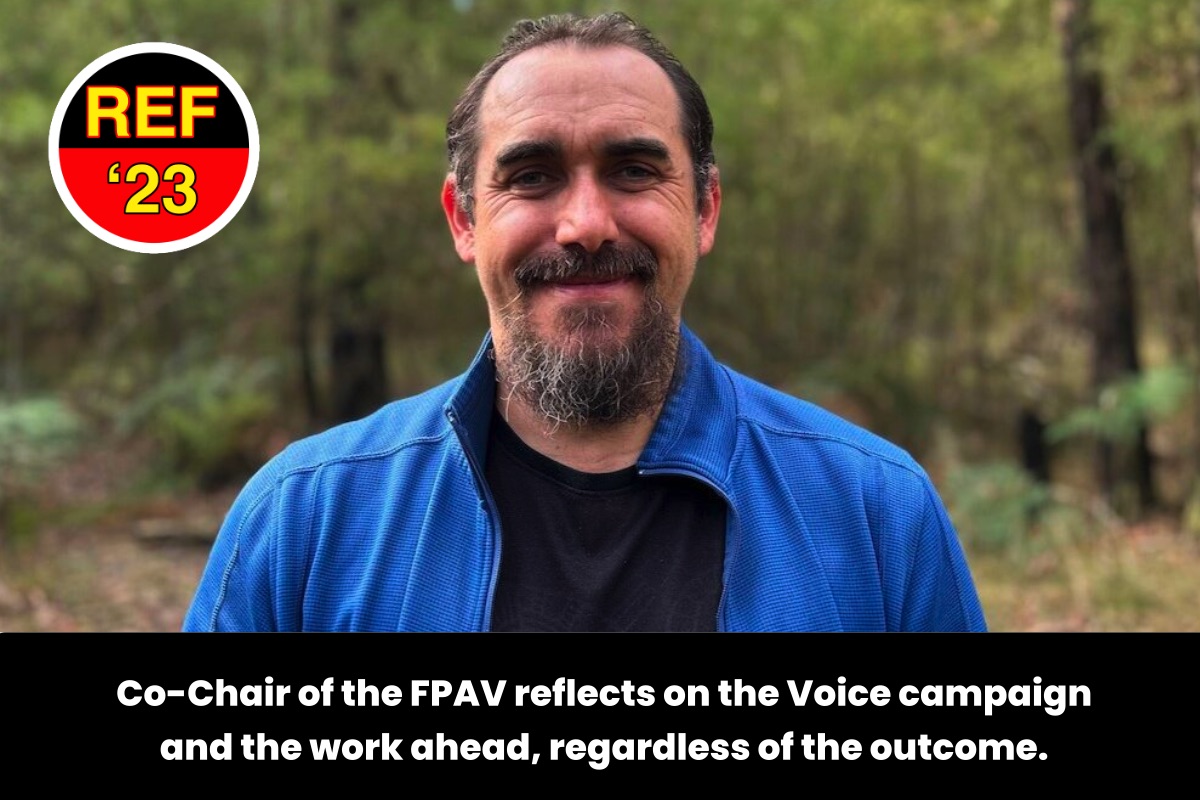
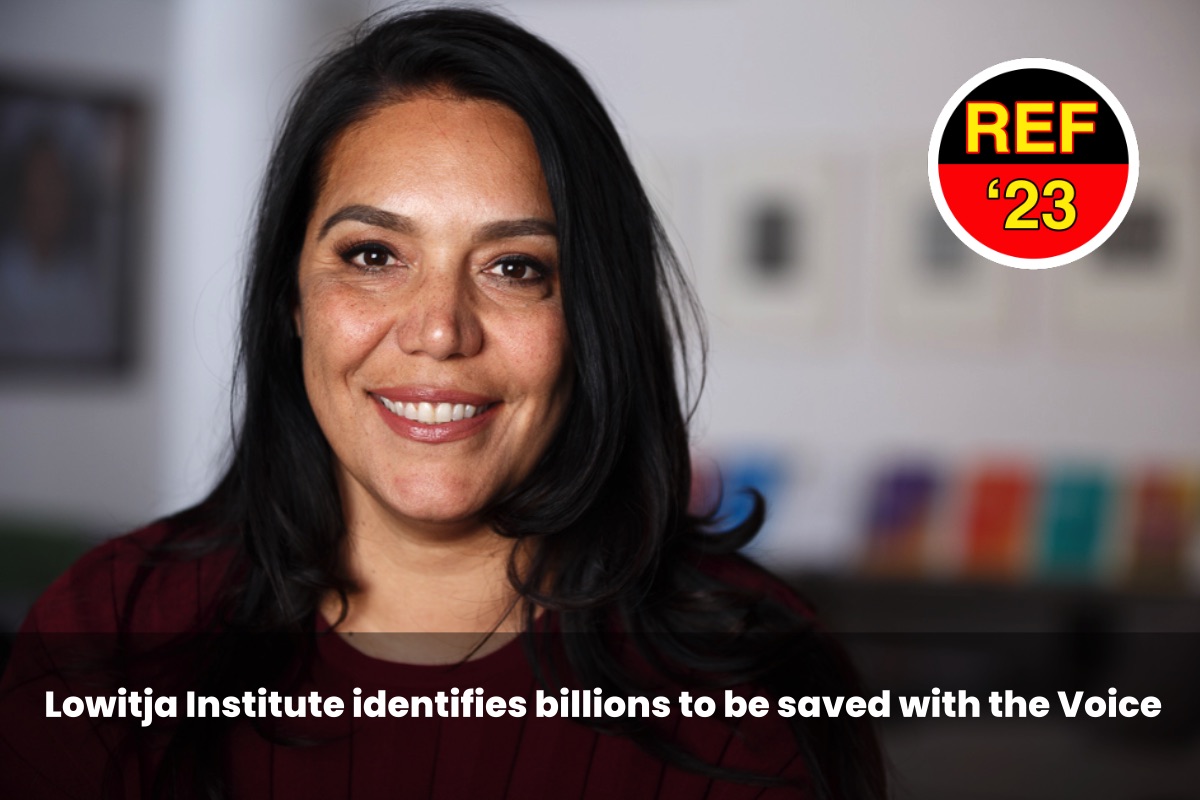
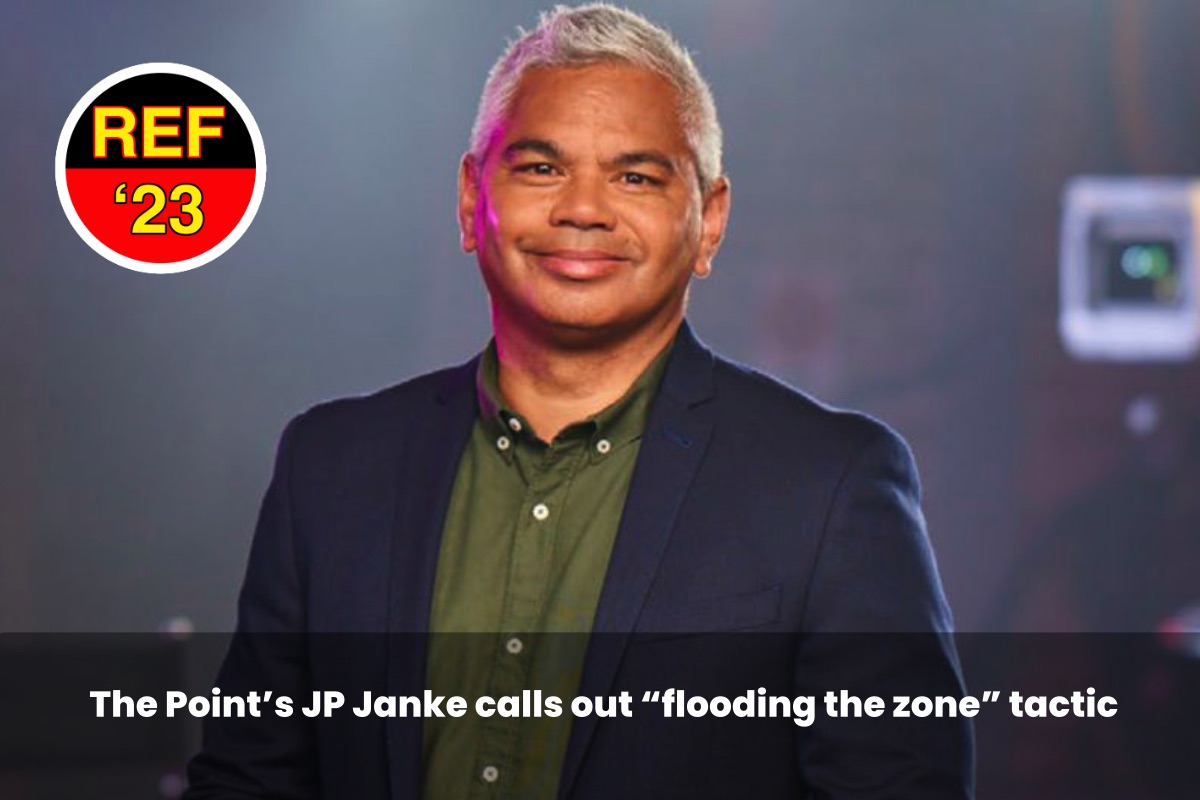
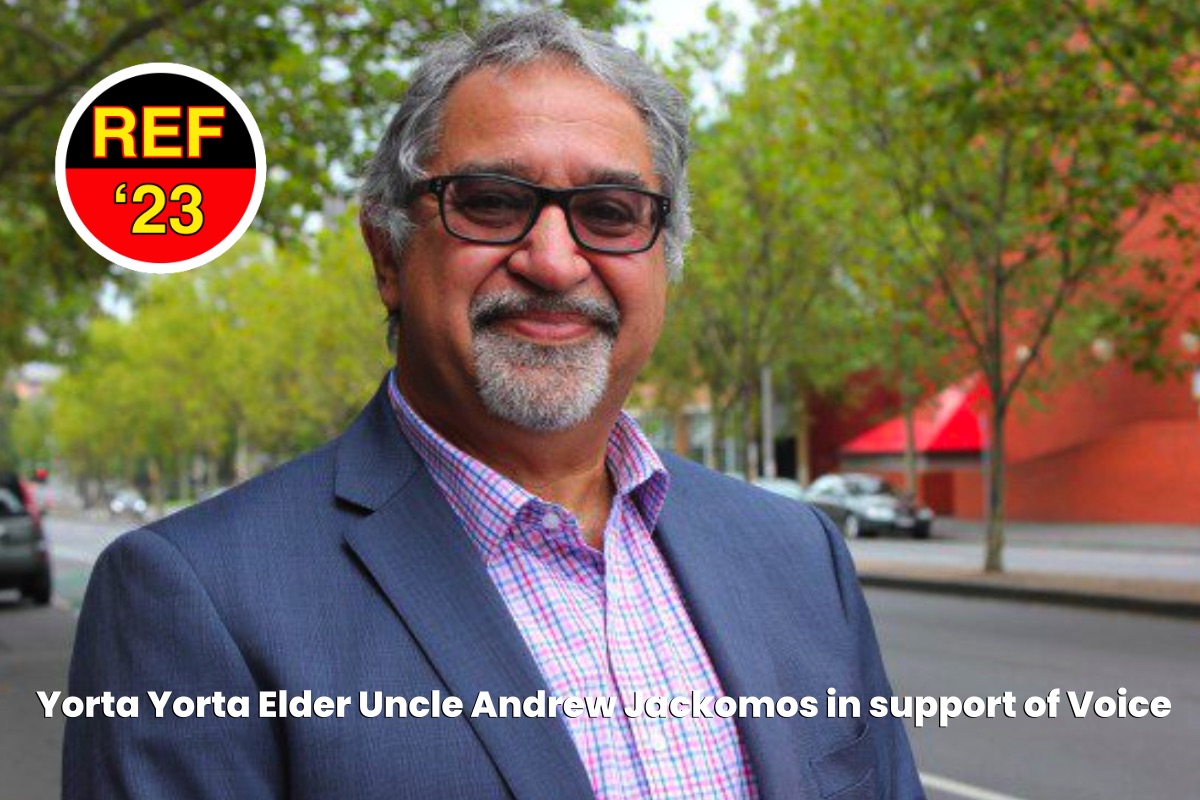
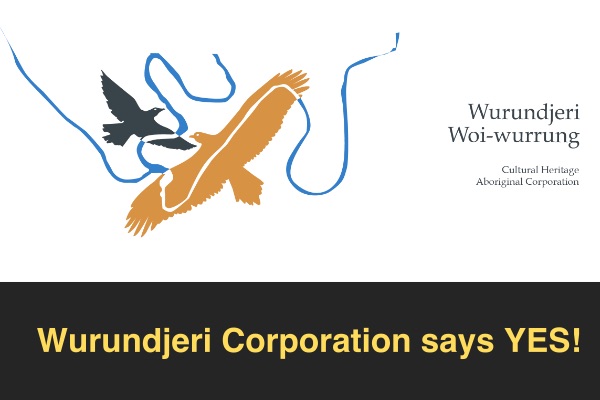

0 Comments